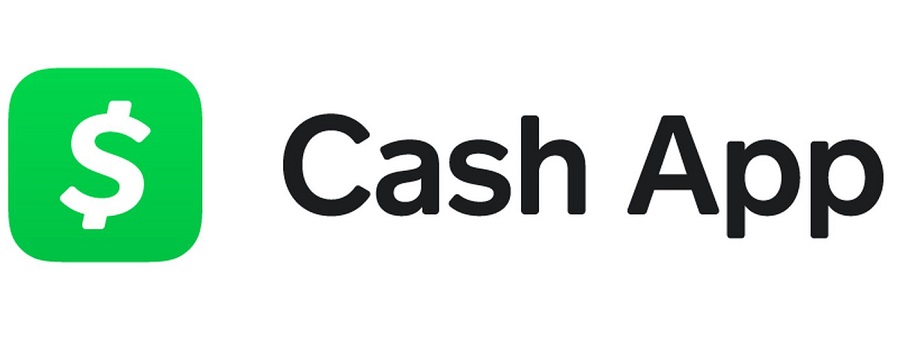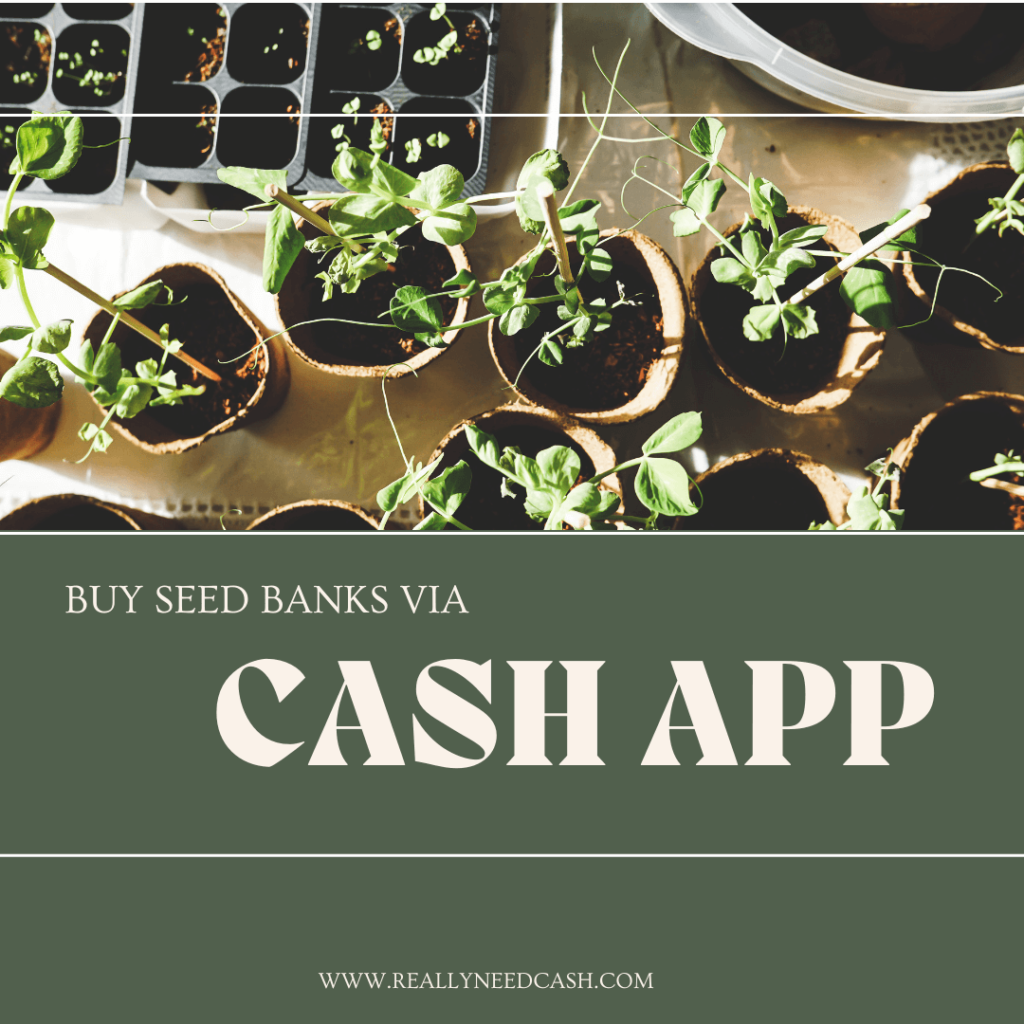Are you looking for a way to securely store your cannabis seeds? If so, a seed bank may be the perfect solution for you. Seed banks are places where people can store their cannabis seeds in a safe and secure environment. Each seed bank has different requirements in terms of how you must collect your seeds, but most require that you bring in cash to make a purchase.
Is ILGM a good seed bank?
Yes, ILGM is a good seed bank because they accept cash. This means that you don’t need to worry about missing a payment or having your seed bank account closed if you don’t have access to a credit card. Plus, cash is the most reliable form of payment when it comes to seeds.
ILGM also has a great customer service team. They are available 24/7 to help you with any questions or issues that you may have with your account. Plus, they offer a money-back guarantee if you are not satisfied with your seeds. This guarantees that you won’t have to worry about anything when it comes to buying your seeds from ILGM.
Where is Greenpoint seeds located?
Greenpoint Seeds is located in beautiful Brooklyn, New York. It’s a small, family-owned and operated business that has been in operation for over 20 years. Greenpoint Seeds accepts cash app as a payment method.
Does Canada have a seed bank?

The short answer is yes, Canada has a seed bank. The long answer is a bit more complicated, but in brief, Canada has both conventional and organic seed banks. Conventional seed banks are those that accept cash, while organic seed banks focus on cultivating and selling organic seeds.
Canada’s first conventional seed bank was the Canadian Seed Development Institute (CSDI) which opened its doors in 1978. CSDI was founded by Dr. Anthony Bish and his wife Judy. The Bishes were interested in developing new agricultural technology in Canada, and wanted to create an environment where Canadian farmers could access high-quality technology. CSDI became one of the world’s leading conventional seed banks and today it operates as part of the Dalhousie University Research Centre.
In contrast, Canada’s first organic seed bank was the Greenhouse Seed Centre (GSC) which was established in 1984 by Dr. David Suzuki and his wife Sharon. GSC operated as a not-for-profit organization until 2006, when it became a for-profit company called Ecologic Services Incorporated (ESI). ESI is still Canada’s only certified organic seed bank, and it remains one of the
What seed banks have best genetics?
Cash-only seed banks are becoming a more common way to purchase seeds. There are several reasons for this, but one of the main reasons is that many seed banks are starting to offer better genetics than those found at traditional seed stores.
One reason for this is that many cash-only seed banks accept payment through apps like Venmo and Square Cash. These apps allow customers to quickly and easily transfer money between friends and family, which makes them a popular way to pay for goods and services.
Another reason is that many cash-only seed banks offer lower prices than traditional seed stores. This is because they don’t have to pay taxes or other fees that traditional seed stores do.
So if you’re looking for high-quality seeds at a low price, consider choosing a cash-only seed bank over a traditional store.
How discreet is ILGM?
ILGM is an organization that operates as a “cash only” seed bank. This means that they do not accept any other form of payment than cash. As a result, their customers are typically very discreet about their dealings with ILGM. This is partly because ILGM does not publicly reveal the names of their customers or the quantities of the seeds that they have for sale.
Why is this important?
This discretion is important because it allows ILGM to serve as a safe and secure place for people to buy cannabis seeds. Because their customers are typically very careful about what information they share online, this makes ILGM a very reliable source for cannabis seeds. Additionally, because ILGM does not take any other forms of payment, this also makes them somewhat immune to online fraud.
Has anyone ordered from ILGM?
We surveyed the top seed banks in the U.S. and found that ILGM is the only one that accepts cash as payment. This makes it very convenient for customers who don’t have access to credit cards or paypal.
ILGM also offers a wide variety of seeds, including some exclusive varieties not available anywhere else. Plus, they always have specials going on, so be sure to check their website regularly!
Does Canada have a doomsday vault?
Canada does not have a doomsday vault, according to the Huffington Post. Doomsday vaults are usually used as safe havens in case of a global pandemic or other significant event. They are also repositories for firearms and other sensitive materials.
Does Seedsman ship to Canada?
Seedsman does ship to Canada, and accepts cash app! Plus, they offer free shipping on orders over $50.
Where is Canada’s seed vault?
The Canadian government’s seed vault is located in Ottawa, Ontario. The vault was built to protect the country’s crop diversity and agro-industrial heritage.
Does the US have a Seed Vault?
There is no definitive answer to this question as it is up for debate. However, some believe that the US does not have a seed vault, while others contend that this is simply not the case. In any case, it is worth noting that there are several seed banks around the world that accept cash app transactions.
Where is the world’s largest seed bank?
There is no definitive answer to this question as it depends on factors such as the size of the bank, its location, and the type of seed it stores. However, some of the world’s largest seed banks include Svalbard Global Seed Vault in Norway, International Centre for Agricultural Research in Dry Areas (ICARDA) in Algeria, and the National Biodiversity Institute (NBCI) in Cameroon.
Is there really a Seed Vault?
The idea of a seed vault – a secure place where seeds for crops can be stored – has been around for centuries. But is there really a seed vault, and if so, where is it?
A seed vault is typically defined as a secure underground location where seeds for crops can be stored. The idea originated in the 1920s, when concerns about food shortages led some farmers to believe that it would be necessary to create a repository to store crop varieties in case they were lost or destroyed.
Since then, there have been several attempts to create a real-life seed vault, but none have been successful. There are several reasons for this: First, the technology needed to create a vault has not yet been developed. Second, location and security considerations have been difficult to overcome. Third, no one has been able to agree on the best way to manage and use the repository.
So is there really a seed vault? Unfortunately, no one knows for sure. But if someone were able to build one, it would likely be located in an isolated area with tight security measures in order to protect the seeds from unauthorized access or destruction.

